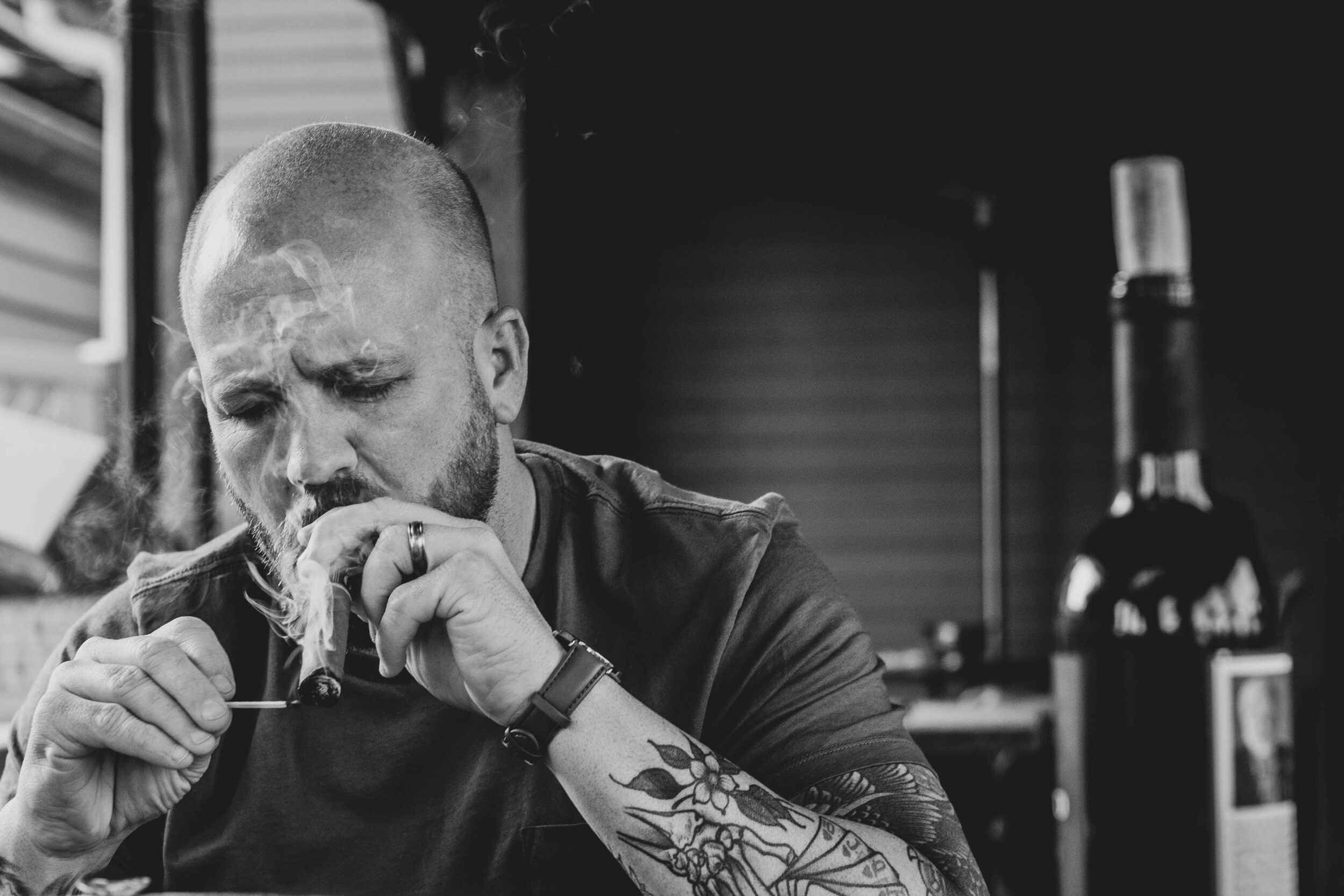Do you know these risk factors for alcohol relapse?
This week I came across a research paper published in the Journal of Psychiatric Research that speaks to some overlooked reasons people relapse. The article is titled “Predicting relapse after alcohol use disorder treatment in a high-risk cohort: The roles of anhedonia and smoking”.
What is anhedonia?
Anhedonia refers to an inability to find pleasure from activities usually found enjoyable. This often means there’s a decrease of dopamine, the neurotransmitter released when thinking about or engaging in something pleasurable. Depression, bipolar and certainly long term alcohol or drug use can lead to a decrease in dopamine. Understanding this underlying problem can give you more empathy in dealing with your loved one instead of assuming he/she is just resistant,etc. Before jumping directly to medication I always work with my clients on the foundations- sleep, healthy diet (not switching to food addiction), exercise and mindfulness meditation plus helping them find something else to increase passion. All of which by the way are extremely important for family members too.
Smoking and Relapse
The second part may or may not surprise you. But people who actively smoke have a significantly higher risk of relapse, particularly with alcohol, but it can be said of any drug. Contrary to the popular urban, or shall I say, rehab myth, people who quit smoking when they quit alcohol do much better. We can forgive the founders of AA, who died of smoking related problems, because we didn’t know the science of today.
Smoking Cessation
But it’s hard to quit, yeah I get it. I worked for years in a residential treatment program and even when i was running the clinical program, the culture of the facility was hard to overcome. In private practice I can do what’s best for my client’s, no longer bound to old rules. It’s one of the reasons I got trained in an intervention called Sit to Quit, a highly effective mindfulness based program that’s completely online.
Sit to Quit uses online videos, workbook and meditations, along with 5 video coaching chats to assist people addressing cravings and urges to smoke. It’s significantly more effective than nicotine patch or chantix alone, as well as standard behavioral approaches. I provide Sit to Quit individually, or significantly cheaper as a group. And all online.
The bottom line
Loss of pleasure, anhedonia, is not uncommon in early recovery but can significantly increase the risk of relapse. Start with natural methods before turning to anti-depressants. And natural doesn’t mean you won’t benefit from helpful coaching. You don’t have to have all the answers.
When people (from rehab facilities to family members) give the recovering person a pass on smoking you aren’t doing them, or you, any favors.
Sit to Quit is an effective method to quit smoking, enhances recovery, AND teaches you mindfulness skills that in valuable in a myriad of ways. It’s a win/win/win.
Contact me at mark@mindsatpeace.net for group Sit to Quit. Sign up for individual coaching here.
As they say, “the more you know”!


